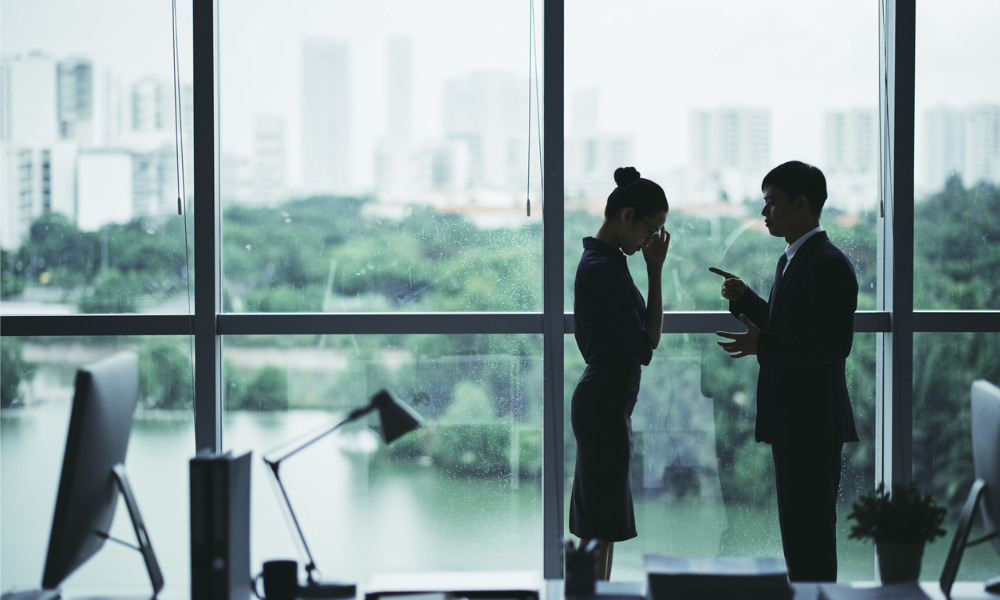
Malaysia is facing a second lockdown and a state of emergency amidst a rising number of cases

As of yesterday (Jan 13), parts of Malaysia have gone under a new Movement Control Order (MCO) amidst a nationwide spike in COVID-19 infections. This is planned to last until Jan 26.
The strict lockdown has been imposed on states such as Selangor, Johor, Penang, Melaka and Sabah, as well as the federal territories of KL, Labuan and Putrajaya.
The latest lockdown will be similar to the first MCO in March last year, with differences including which essential businesses can run during the period and a severe ban on interstate travel.
Like the last lockdown, the government has urged residents to stay home as much as possible and ordered non-essential employees to work from home.
In addition, the king has announced a state of emergency for the entire nation. This will last until Aug 1 or earlier depending on how well they contain the virus.
Despite the drastic declaration, Prime Minister Muhyiddin Yassin assured citizens that they won’t enforce a curfew or military coup, and that Malaysia remains “open for business”, reported local media.
The rest of Malaysia will remain under their current ‘relaxed’ restrictions like the recovery MCO (RMCO) and conditional MCO (CMCO).
Restrictions under MCO 2.0
One of the key differences for their latest lockdown addresses interstate travel, an activity in 2020 that’s considered a serious contributor to the new wave of infections.
Main restrictions during MCO 2.0 include:
Businesses that want to run during the MCO must be from the following industries:
The health minister will also allow businesses supporting companies in the essential industries to operate, subject to approval and conditions like additional supervision by the authorities.
Read more: Holiday blues: How to support staff separated from family overseas
How can leaders support employees?
Whether the company can operate during the latest MCO or not, news about another lockdown can be jarring for individuals after a difficult 2020, especially psychologically.
However, there are some professionals who have learned to accept the harsh realities around the pandemic and may react a little differently.
Jasmine Bahen, chief talent officer at Edelman Asia Pacific shared with HRD about how her colleagues in Malaysia handled the news.
Instead of looking at it as a downer for the new year, her co-worker approached the situation with humour, sharing funny memes around being in lockdown “yet again”, as though everyone was part of a never-ending movie sequel.
Read more: Why it’s crucial to be a resilient leader
The point to note is that not everyone will react the same way – some may take it just as hard or harder after 2020 – so we asked Bahen what leaders can do to help employees cope.
“People are asking us for the answers, but I don’t think we have all of them just yet,” she told HRD. “We need to continually communicate about the changes.”
She added that “it’s not just HR’s role” to help support employees. HR must partner with the organisation’s business leaders, as well as the communications team to find out and cater to employees’ varied needs during this difficult period.
That vital partnership, a positive outcome of ‘being in the bunker’ together through 2020, will be crucial for leadership to support employees’ overall well-being and continually engage the organisation to thrive in the new year.